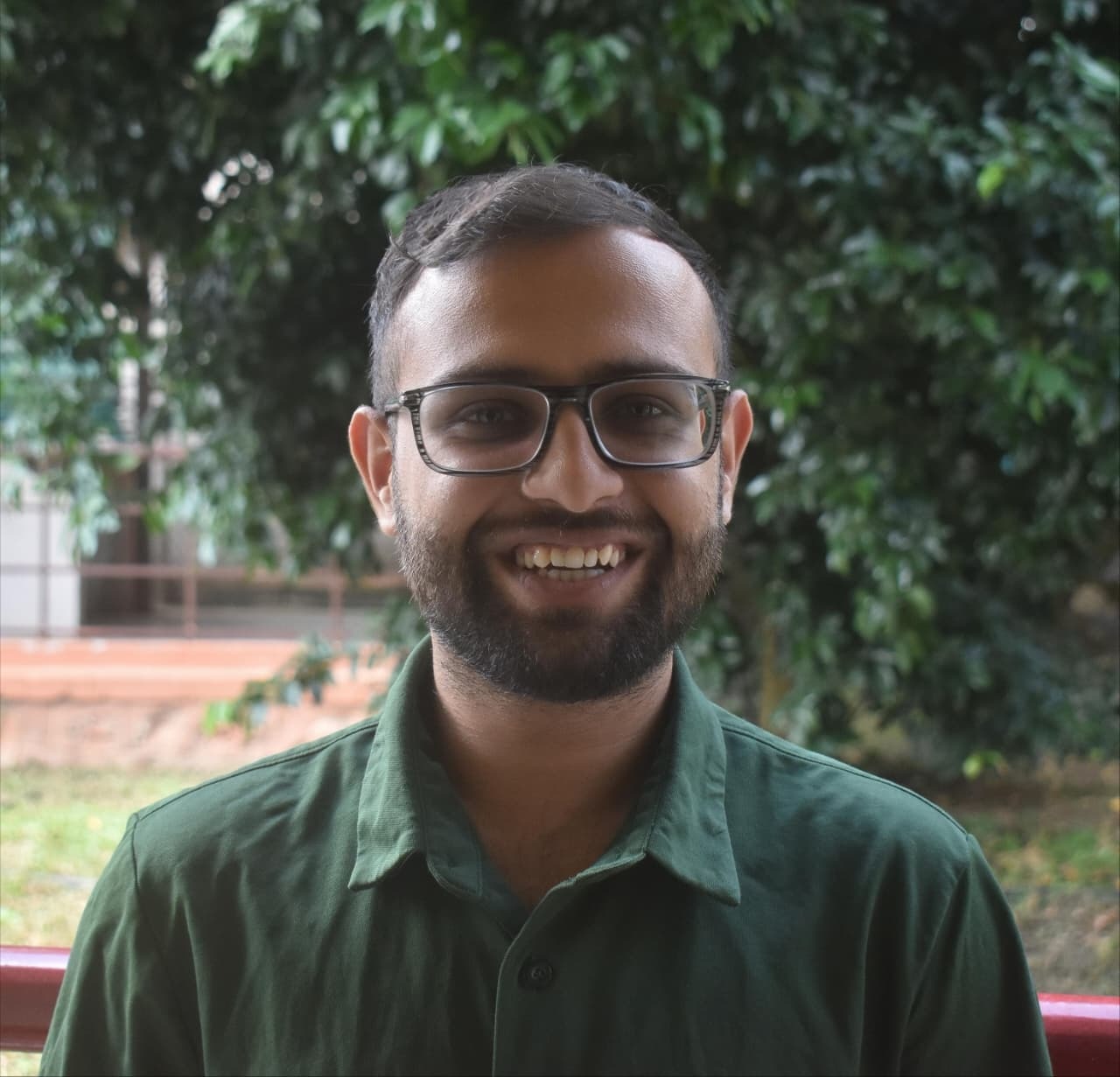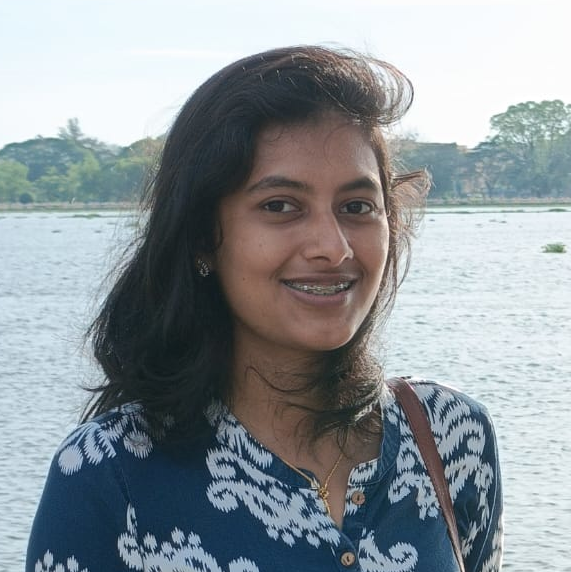
My research will focus on the modeling and computational difficulties associated with portraying the electrophysiology, mechanics, and electromechanics of the heart. The aim is to develop efficient and robust numerical schemes for models of the cardiac electro-mechanical system with high biophysical accuracy across multiple scales and dimensions. The development of efficient numerical techniques on massively parallel computing technologies is a major challenge that the proposed work aims to address.

My research area is mainly focused on Theoretical and Computational Biophysics which is an interdisciplinary topic . Active systems such as microbes and eukaryotic cellular systems are prototypical biological systems that involve the migration of cells driven by chemical stimuli or some self-generated gradients and moving through interactions with other cells and the extracellular environment. Currently, I am working on investigating and understanding the dynamics of these complex systems leading to a large variety of emerging spatiotemporal orders in the form of spatial patterns, propagating waves, collective motions, and phase separation.

My research primarily focuses on numerical analysis and computational methods applied to nonlinear scalar conservation laws, systems of hyperbolic conservation laws, and conservation laws featuring discontinuous flux functions. These equations are prevalent in a wide range of applications, such as traffic modeling, enhanced oil recovery processes, sedimentation phenomena, and the system of Euler equations describing compressible gas dynamics. The primary aim of my research is to design and analyze efficient high-order computational schemes specifically tailored to address nonlinear problems of this nature.

Interested in simulation and control of condensed matter systems to realize quantum phenomenawith potential applications to quantum technology. A hybrid quantum-classical computing is used,with actual simulations run on popular quantum systems like IBMQ, AWS Braket via the cloud andoptimization algorithms being implemented locally. For example, have tried to implement multi-qubit quantum gates on IBMQ system, with the gates being designed using Simulated Annealingbased optimization. Presently working on trying to understand non-linear/chaotic behaviour incondensed matter systems, potentially utilizing simulation on a Rydberg atom based analogquantum processor from Quera Systems on Amazon Braket. The key task involves in constructingmodels that can be used to understand quantum chaotic behaviour by classical non-linear dynamics.

My research is dedicated to understanding the emission mechanism of the prompt phase in Gamma-Ray Bursts (GRBs). I am currently investigating the physics of this strong radiation using the spectro-polarimetry method. I intend to use numerical simulations to fully comprehend the properties of compact objects, dynamics of outflow, the evolution of jet properties, Wolf-Rayet progenitor stars, and understand the fundamentals of GRBs. By employing this multimodal approach, I hope to shed some light on one of the most intriguing phenomena in astrophysics.

My research interest lies in unraveling the complex physical dynamics of Earth's atmosphere, encompassing both natural phenomena and anthropogenic influences, and their profound effects on climate, environmental systems, public health, and societal well-being. Employing climate modeling as a primary tool, I aim to explore the effects of changing climate variables on regional scales, utilizing fine-resolution climate modeling techniques. Through this analysis, my goal is to provide insights into future climate changes, facilitating informed decision-making for regional planning, adaptation strategies, and mitigation efforts.

My research is focused on studying the topological magnetic quasiparticles, such as skyrmions, in two-dimensional (2D) chiral magnets. These emergent spin structures are envisioned as the building blocks of the next-generation spintronic devices, as well as of the neuromorphic and quantum computing. Using a multi-scale approach, which combines state-of-the-art density functional theory (DFT) methods, along with atomistic spin dynamics simulations, I aim to study the formation, size, stability and lifetime of these topological objects. During my PhD, I plan to investigate the electric-field-driven switching of these novel spin structures in promising transition-metal ultrathin films, in collaboration with the experimental group.

My research focuses on synthesizing and fabricating thin film ferroelectric diodes (FeDs) using the pulsed laser deposition (PLD) technique. FeDs are promising candidates for next-generation non-volatile memory and logic applications due to their fast switching, low power consumption, and scalability. I aim to develop high-quality thin films, fabricate functional devices, and carry out detailed characterizations to understand their behavior and operational complexities. To complement my experimental work, I will also perform density functional theory (DFT) studies to gain deeper insights and validate the observed properties through computational modeling.Through this research, I aim to contribute to the advancement of energy-efficient, scalable ferroelectric technologies for future electronic applications.

Organization is of paramount importance to any biological system. My thesis work focuses onunderstanding the principles of the organization of genes and other genetic elements in agenome. Cellular processes that interact with the genetic material, such as replication ortranscription, can influence the organization and the evolution of genes in a genome. Genomiclocation can affect the expression level or mutation rate of the gene, and perturbations in theorder can drastically change cellular functions and behavior, leading to dysfunction or diseasestates. Hence, understanding the dynamics and evolution of genome architecture will providevaluable insights into the regulation of gene expression or mutagenesis in normal and diseasestates of a cell.
0471 - 277 8260
hpcadmin@iisertvm.ac.in
© 2026 IISER TVM, All Rights Reserved

